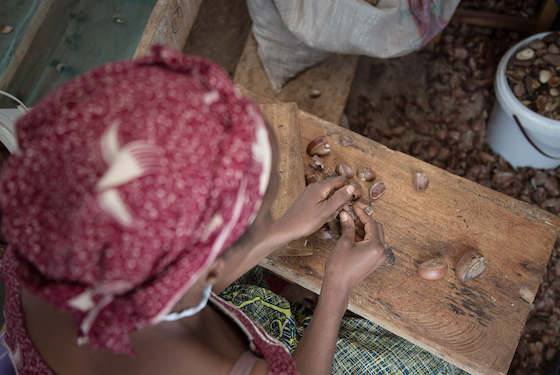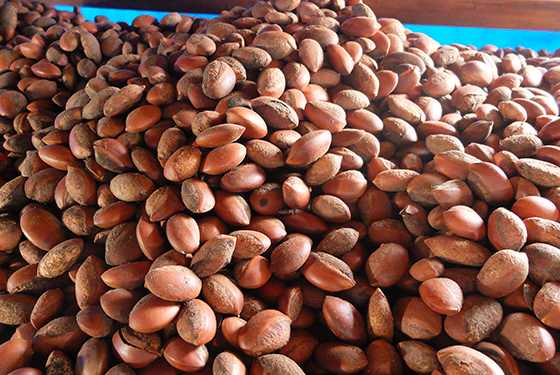
The BIONAT programme aims to create links between the conservation of biodiversity and the economic development of the populations living around the Dja Biosphere Reserve and the Bénoué National Park in Cameroon.
The approach seeks to engage all regional and national stakeholders involved in specific value chains, from collection and production, to processing and marketing, as well as the management of spaces and species.















